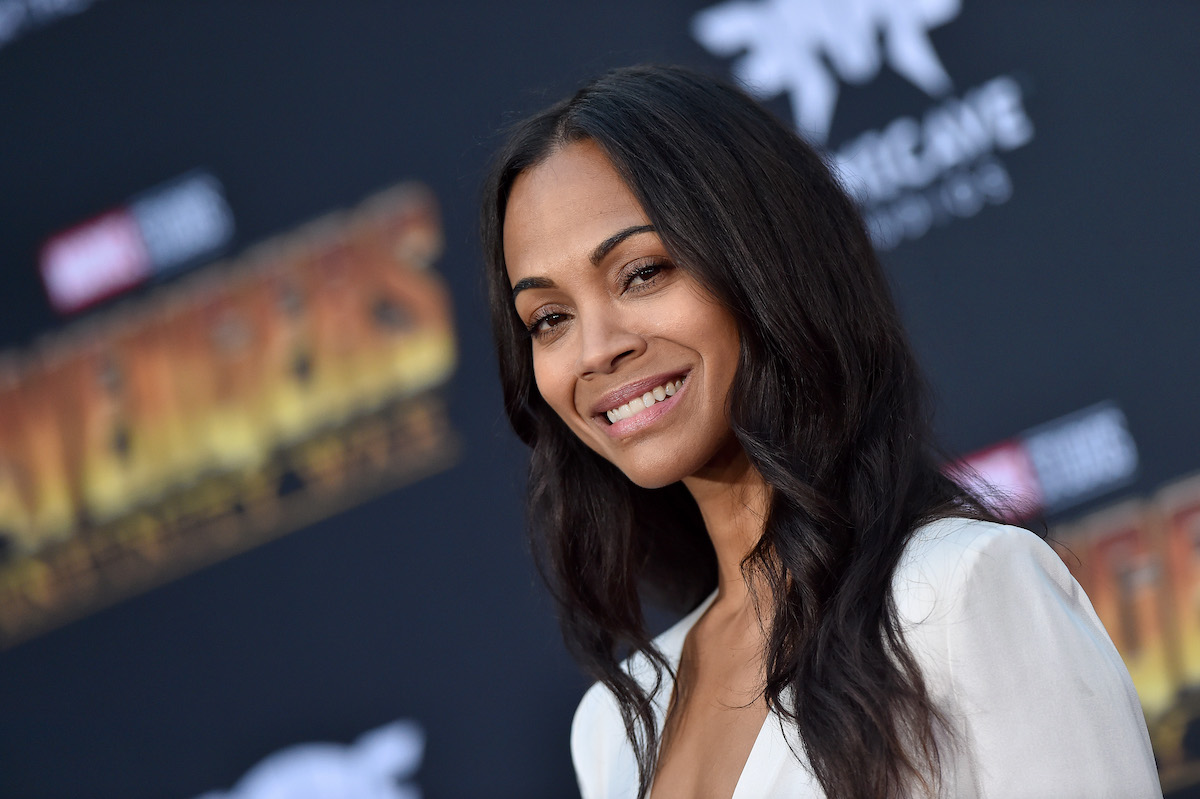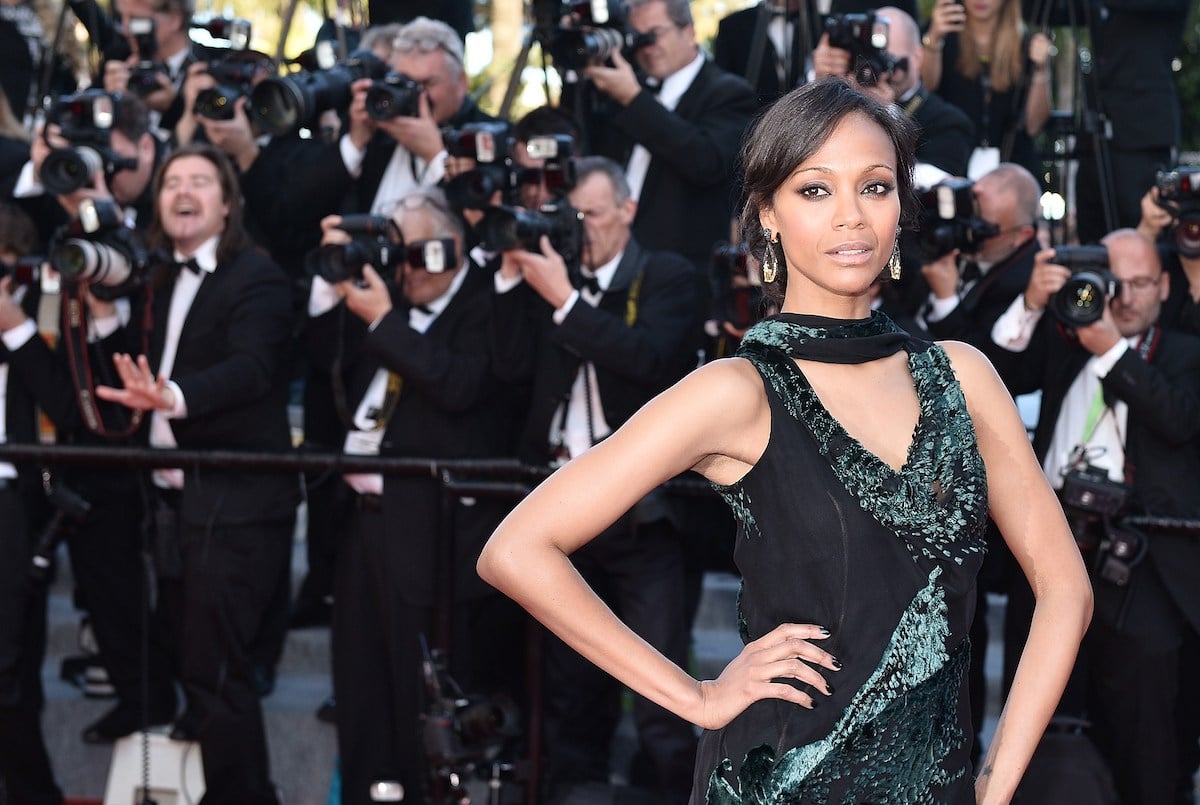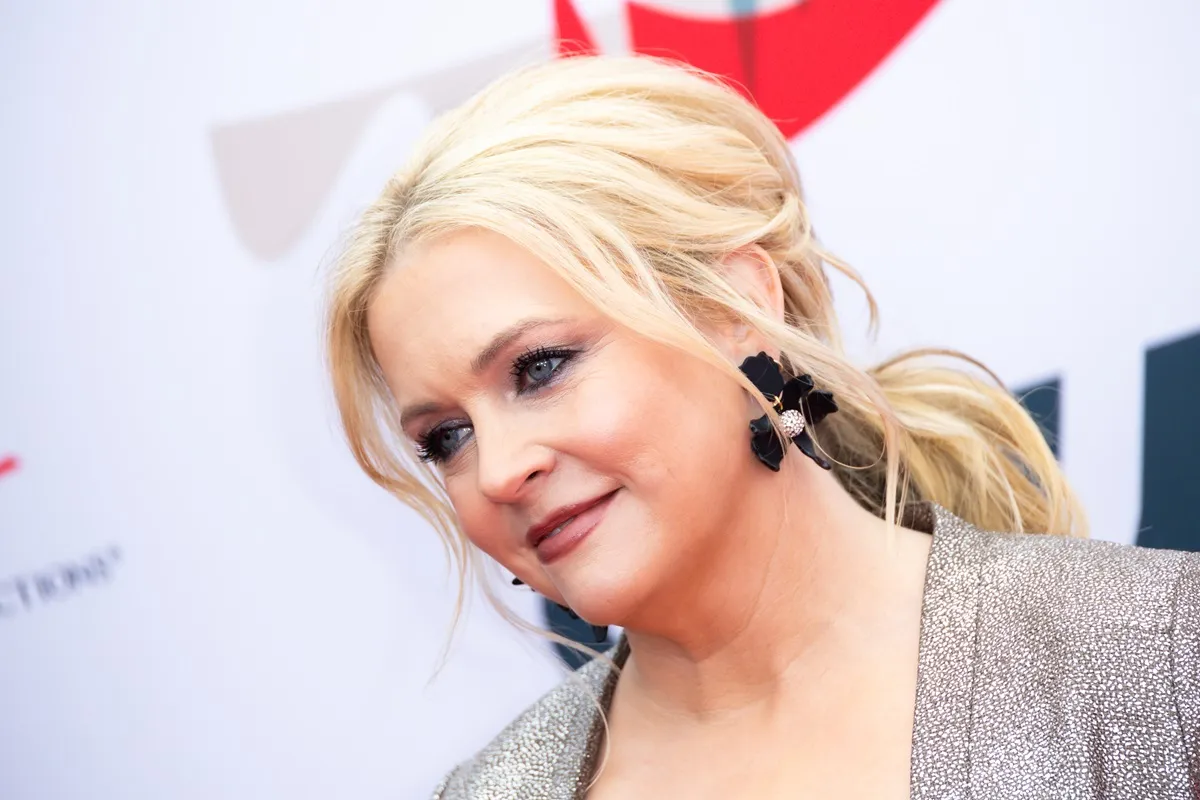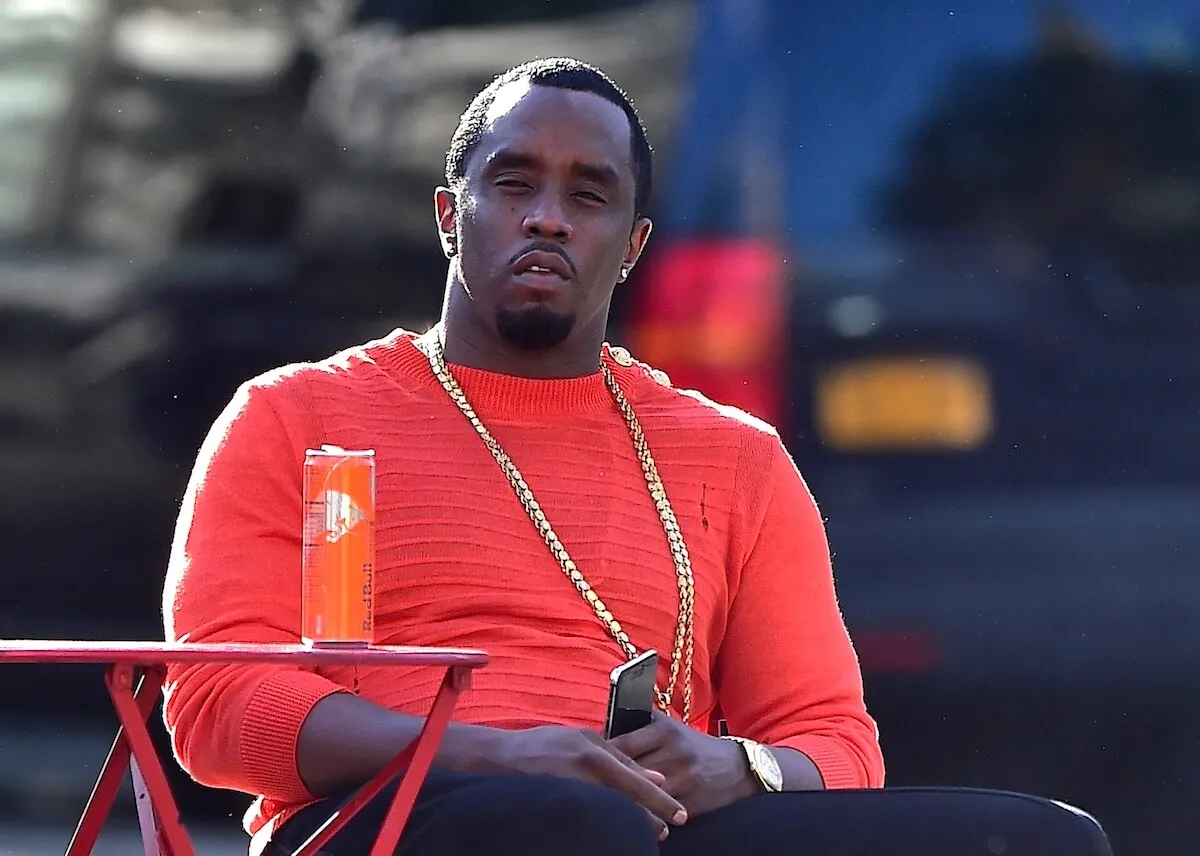Zoe Saldana’s Loneliness On Set Spotlights Hollywood’s Gender Problem
Zoe Saldana has an enviable collection of major feature roles under her belt. The sci-fi powerhouse appears as a star in no fewer than three major movie franchises, including Guardians of the Galaxy, Star Trek, and Avatar. And yet, Saldana told Time magazine in 2017, there’s still something missing.
Zoe Saldana says she used to feel competitive with other women

Before Saldana established herself as a major actor appearing in superhero roles, she admitted she felt pitted in competition against other women. “Like all other young actresses, I saw other women as competition,” she told Time. “If there were 50,000 of us going out for the role, and if I got it, I must be the best.”
Saldana admitted to Time that she idolized roles akin to Sarah Connor in Terminator or Ellen Ripley in Alien. Something about the plight of the lone fighting woman spoke to Saldana. Discouraged by the racism and sexism inherent in many industries, she pushed forward, searching for the roles that would later define her as a powerful woman.
Still, according to Time, she lamented that she was told she was either “too dark or too light” to be cast in a period piece; her mother is Puerto Rican and her father is Dominican. The controversy surrounding her role as Nina Simone didn’t help. She’d rejected the part, only to come back to it and be criticized for her dark makeup in the 2016 biopic Nina. In general, she told Time, too many movies involving issues of race are lacking in nuance.
“I’ve been disappointed before,” she said. “Racism is often used as a plot device. Sometimes it’s glamorized.”
Now the ‘Guardians of the Galaxy’ star admits to feeling ‘lonely’ on set
It didn’t take long for Saldana to discover that a competitive nature among women was also isolating. Now, she told Time, she wishes there were more women on set and more women running the show.
“I feel lonely on set,” she explained to Time about being surrounded by men in the workplace. “And it’s not just that you’re the only woman in the cast. There are very few women on the crew. You hardly ever get to work with a female director. Some female producers try to blend in with their male colleagues and won’t stand up to them. You’re completely outnumbered. And you take a hit in your paycheck as a woman too. I’m so f—ing tired of it.”
Saldana told Time that starting her production company Cinestar Pictures was meant to remedy problems of underrepresentation. “In 2060, Hispanics will be 30% of the population,” she said. “We have to show the next generation that they can be the face of America as much as anyone else.”
She added that it’s sometimes difficult to advocate for oneself, and that’s where she hopes to make a difference, too; women and people of color in the industry can be vulnerable for so many reasons. “We keep our heads down because we’re afraid of losing our jobs,” she told Time. “But we can’t just complain anymore. We have to band together with love and respect and do something about it.”
Saldana prefers roles set in the future

For the reasons listed above, Saldana said the present moment isn’t her favorite place to be. The past is even less relatable. “I look at the films I love so much, like the beautiful Jane Austen adaptations, but someone like me doesn’t exist in those narratives–at least not in a way that I would want to be a part of,” she told Time. “Honestly, it makes me sad. I think about how someone like me would have been treated.”
Futuristic roles offer her something she finds far more fulfilling, Saldana said. Something that truly speaks to a hope for a better future, free of damaging tropes. “I feel I have a greater chance of setting an example for young women when I do movies [that take place] in the future because I’m less likely to be boxed in,” she explained to Time. “I’m not playing someone’s girlfriend. I can be tougher. The future represents hope.”
If her current projects are any indication, the future won’t look anything like that disappointing past.


